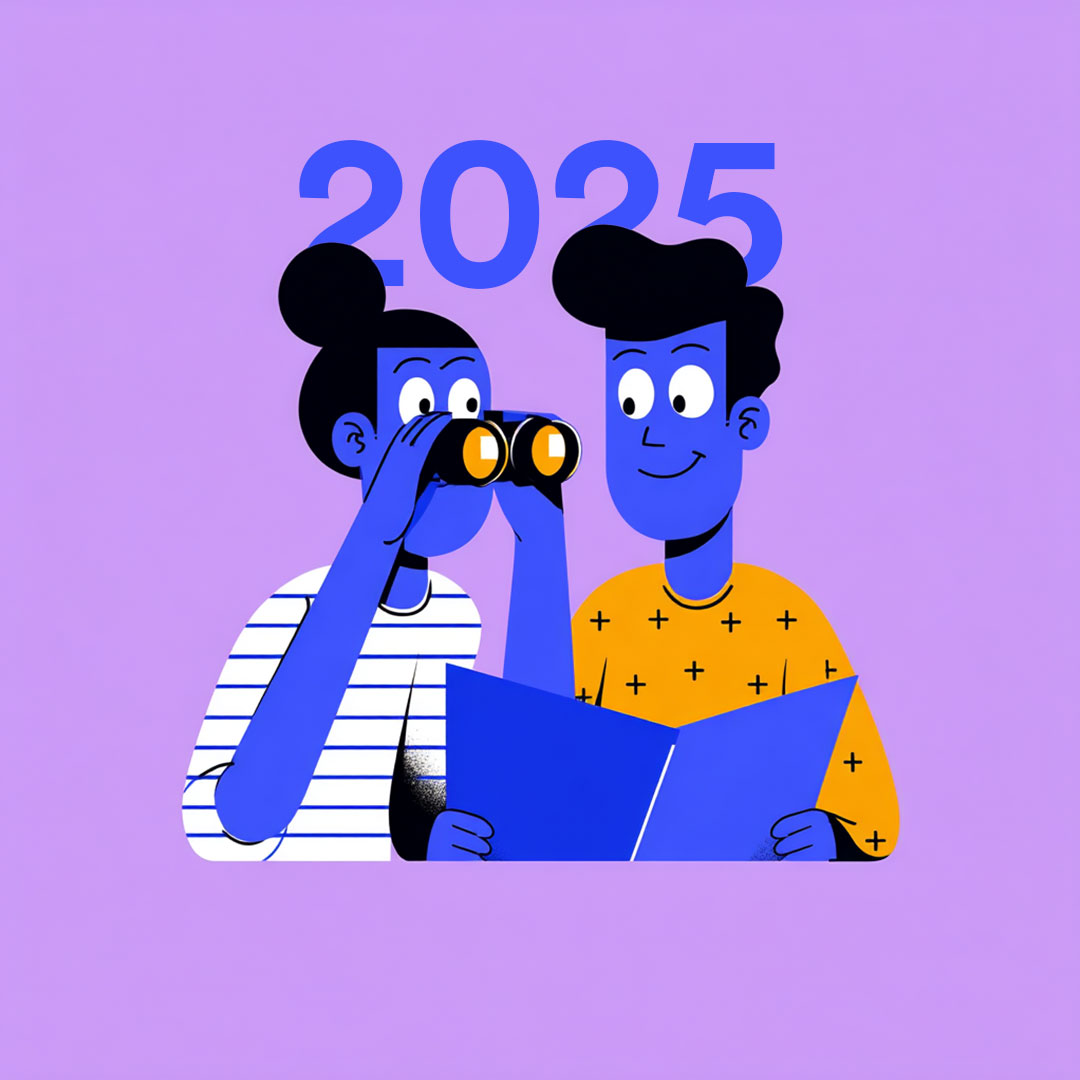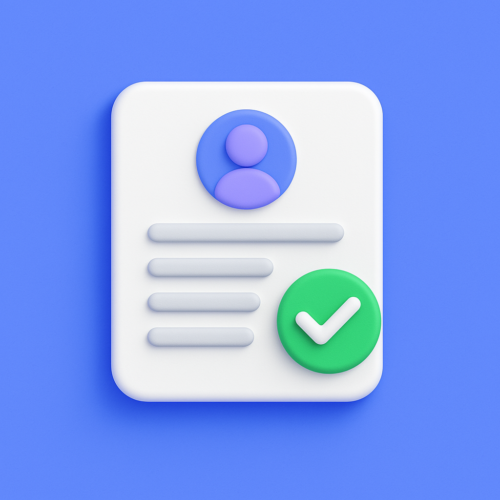Cover Letter Necessary in 2025? When You Need One & How to Write It

Is a cover letter necessary in the age of AI recruiters, one‑click LinkedIn “Easy Apply,” and résumé‑scanning bots? The short answer: yes, but only if you wield it like a strategic storytelling tool rather than a dusty formality. Think of your cover letter as a personalized elevator pitch: one page, 250–350 words that answer, “Why you, why now, and why this company?“
- When to include a cover letter and when to skip it.
- How to write a letter that recruiters read.
- Sneaky mistakes that sabotage otherwise stellar applications.
- Proven frameworks, templates, and power phrases to elevate your narrative.
- Fresh tips for 2025, including AI‑assisted writing and video cover letters.
Whether you’re a fresh grad, a mid‑career pivot, or a senior executive eyeing the C‑suite, this guide will equip you to answer the perennial question “Do I need a cover letter?” with confidence—and to craft a letter that lands interviews.
Recommended Podcast:
Do I Need a Cover Letter or Application Letter in 2025?
- If the posting asks for one → write it.
- If a human will judge your written communication → write it.
- If you can add compelling context beyond your résumé → write it.
- Otherwise → consider a slimmed‑down 150‑word note or skip it.
Data Snapshot 2024–2025
| Study | Sample Size | “Always/Often Read” | “Sometimes” |
|---|---|---|---|
| Jobvite Recruiter Nation 2024 | 830 recruiters | 61 % | 24 % |
| Harvard Business Review Feb 2025 | 312 hiring managers | 56 % | 31 % |
| LinkedIn Global Talent Trends 2025 | 1,100 TA leaders | 64 % | 29 % |
Across three independent surveys (see the full Jobvite Recruiter Nation Report 2024 and Harvard Business Review’s 2025 analysis), the majority of recruiters either always or often read cover letters—especially for roles that demand writing, persuasion, or client interaction. Only 9–15 % admit to never reading them.
Why a Cover Letter (Motivation Letter) Still Matters in 2025
- Human Context in an ATS World – Resumés are parsed by algorithms; cover letters let you speak directly to the human making the final call.
- Storytelling & Brand Fit – Showcase culture alignment (e.g., sustainability passion for a cleantech firm).
- Problem → Solution Pitch – Address the employer’s pain points and position yourself as the remedy.
- Career Transitions & Gaps – Explain sabbaticals, pivots, or relocations proactively.
- Keyword Booster – Embed role‑specific terms to help your application rank higher in ATS results.

How to Create an ATS Friendly Resume in 2025: Complete Guide
In today’s competitive job market, an ATS-friendly resume is your ticket to standing out. With over 99.7% of recruiters relying on Applicant Tracking Systems (ATS)…
When to Include a Cover Letter or Motivation Letter
Include a Cover Letter When…
- Requested in the job ad (non‑negotiable).
- Referred by an employee—you’ll lift the referrer’s credibility.
- Changing Careers or Industries—context counts.
- Explaining Gaps—turn potential red flags into narratives of growth.
- Applying to SMEs & Start‑ups—they crave personality over polish.
- Pursuing Roles Emphasizing Writing, Sales, or Leadership—show vs. tell.
- You Love Their Mission—passion is hard to convey in bullet points alone.
Skip or Shorten Your Cover Letter (Application Letter) When…
- The posting explicitly forbids it.
- A portal lacks a field for attachments and no email contact exists.
- The role is high‑volume/entry level and speed outweighs craft (but still consider a concise note).
The Truth: Do Employers Read Cover Letters?
Yes, but with intentional skimming. Most recruiters read:
- Opening Hook – 1–2 sentences: “Why are you writing to us?”
- Middle-Value Paragraph – a quantified impact that maps to their JD.
- Closing CTA – your ask (interview) and a polite thank‑you.
How to Write a Cover Letter (Application Letter) in 2025
1. Research Like a Journalist Before Writing Your Cover Letter
- Scrutinize the JD, LinkedIn posts, quarterly reports, podcasts, and Glassdoor reviews.
- Identify two “pain points” the role solves (e.g., churn, slow product launches).
2. Craft a Magnetic Cover Letter Hook
Example: “As a B2B SaaS PM who accelerated release cycles 37 % at CloudWare, I was thrilled to see WingTech’s call for an Agile evangelist.”
3. Build the Cover Letter Value Bridge (Body)
- Problem – User onboarding drop‑off tripled.
- Action – Overhauled UX with data‑driven A/B tests.
- Result – Reduced churn by 22 %, saving $1.1 M ARR.
4. Showcase Mission Alignment In Your Cover Letter
Link personal values to the company’s purpose: “WingTech’s mentorship program for girls in STEM echoes my volunteer work with CodeGirls Helsinki.”
5. Finish Your Cover Letter with a Confident Close & CTA
May we schedule a 15‑minute call next week to explore how my roadmap strategies can drive your Q4 goals?
10 Must‑Know Cover Letter Tips for 2025
- Lead with Numbers – Metrics cut through fluff.
- Mobile‑First Formatting – 40 % of letters opened on phones.
- Use Power Verbs – Revitalized, Orchestrated, Scaled.
- Mirror Tone – Formal for Big 4, irreverent for edgy start‑ups.
- Leverage AI, Polish Humanly – Draft with ChatGPT, edit with voice.
- Insert a P.S. Line – “P.S. My redesign lifted NPS 18 %—happy to demo.”
- Stay Under 350 Words – Exception: senior execs (max 500).
- Add Multimedia Links – Portfolio, GitHub, short Loom video.
- Check ATS Keywords – Pull 5–8 from the JD.
- Proofread Aloud – Your ear catches awkward phrasing.
Common Mistakes & How to Fix Them
| Mistake | Why It Hurts | Quick Fix |
|---|---|---|
| Generic opener | Screams copy‑paste | Reference company news or product |
| Résumé repetition | Wastes recruiter time | Discuss motivation & culture fit |
| No metrics | Feels vague | Quantify impact (%, $, time) |
| Typos | Signals carelessness | Grammarly + human review |
| Over‑formality | Sounds robotic | Use natural enthusiasm |
Cover Letter Examples for 2025
Below are five real-world-styled professional examples you can borrow from. Names and companies are anonymized but modeled on actual 2024–25 hires.
Marketing Manager (Referral + Metrics) – Example
Software Engineer (Career Pivot) – Example
New Graduate Nurse – Example
Product Designer (Explaining Gap) – Example
Operations Manager (Video Add‑On) – Example
Alternatives to Cover Letters
- LinkedIn Note – Concise 150‑word InMail to hiring manager.
- Video Pitch – 60–120 s Loom; ideal for client‑facing roles.
- Portfolio Slide Deck – 4–6 slides walking through a key project.
Step‑by‑Step Worksheet
| Step | Time | Action |
|---|---|---|
| Research | 20 min | Identify 2 pain points + 3 keywords |
| Résumé Alignment | 10 min | Select 2–3 achievements |
| Hook | 5 min | Draft 25‑word opener |
| Value Paragraphs | 15 min | Write PAR (Problem‑Action‑Result) stories |
| Mission Fit | 5 min | Connect personal value to company mission |
| Close & CTA | 5 min | Ask for interview, thank them |
| Keyword Check | 5 min | Weave 5–8 terms naturally |
| Proof Read | 10 min | Read aloud + mobile preview |
Cover Letter FAQs
In most cases yes, especially when the job ad requests one, when you need to demonstrate writing skills, or when your résumé alone cannot tell the full story. Refer to the checklist in the When to Include a Cover Letter section.
Skip the cover letter only if the posting forbids it, the application portal offers no upload option, or a recruiter explicitly tells you it is irrelevant for that high‑volume role.
Aim for 250–350 words (about half a page); senior executives can stretch to 500 words if every line adds value.
Yes, if you are competing globally and need to prove communication skills and culture fit. A concise, well‑tailored note can set you apart from dozens of one‑click applicants.
Lead with academic projects and internships that align with the role, quantify achievements where possible, and show genuine enthusiasm for the employer’s mission.
Check the Cover Letter Examples for 2025 section of this guide and explore industry‑specific samples on trusted sites like Harvard Business Review and LinkedIn Learning.
Most modern ATS platforms parse cover letters for keywords; use job‑specific terms naturally to boost relevance scores without stuffing.
Absolutely. Even a 10 % customization tweaking the hook, metrics, and cultural fit paragraph—dramatically improves engagement versus a generic template.
Key Takeaways
- A cover letter is still necessary in 2025 whenever you need to add context, showcase personality, or demonstrate communication prowess.
- Use the Problem‑Action‑Result framework; to quantify impact.
- Keep it concise, mobile‑friendly, and ATS‑optimized.
- Alternate formats (video, LinkedIn) can enhance but rarely replace a strong letter.
- Iterate: track interview rates and refine hooks, metrics, and tone accordingly.
Push beyond transactional applications: craft a storyteller’s cover letter and recruiters will remember you, not just another résumé in the stack.
Comments
Rate this article
11 people rated this article



Great article! I always wondered if cover letters were still necessary in today's job market, and this post clarified a lot. I especially liked the part where you explained when it’s worth including one. Thanks for the practical advice!